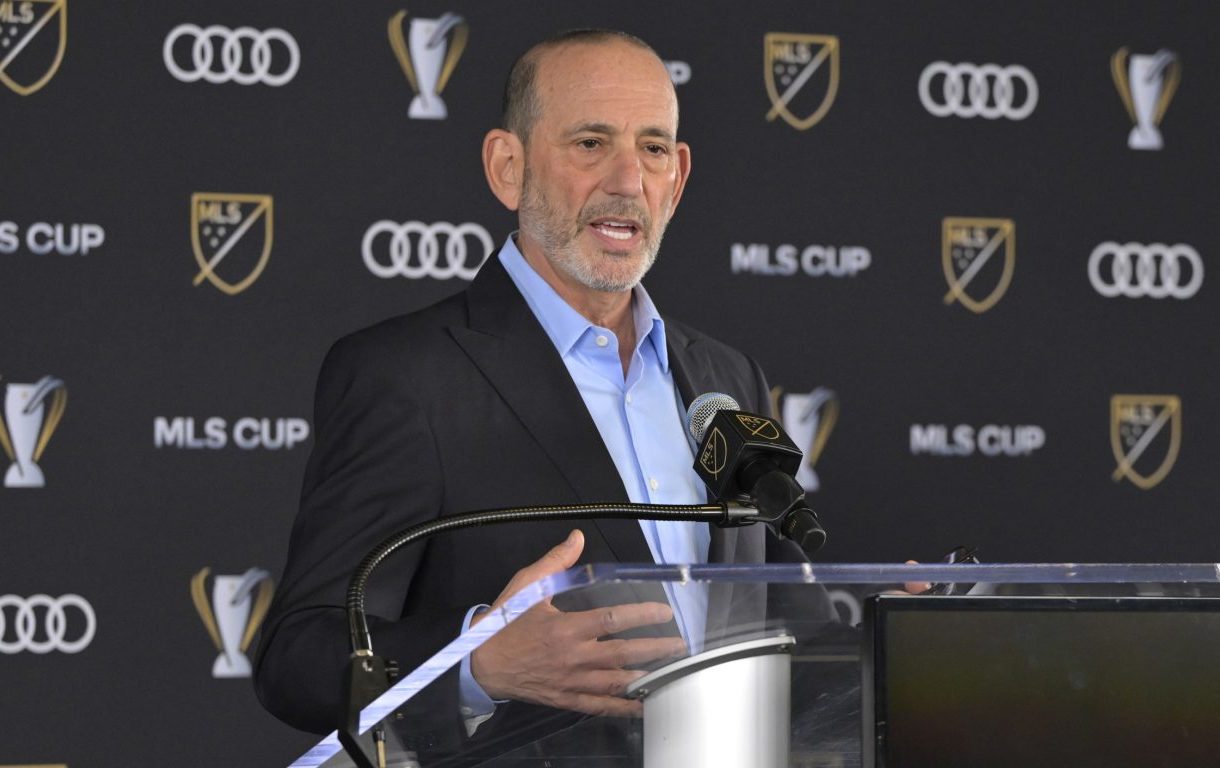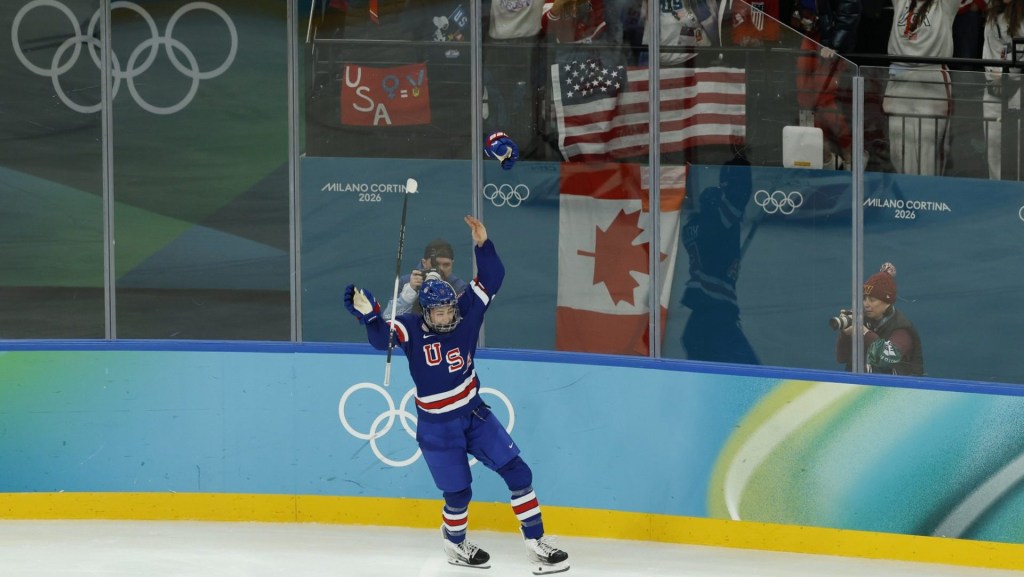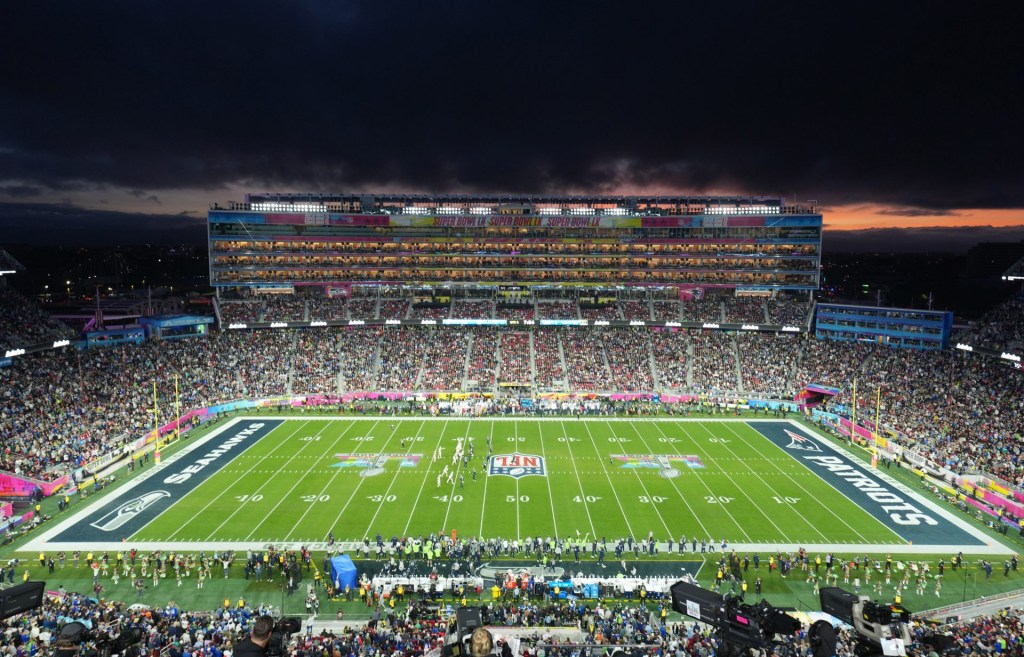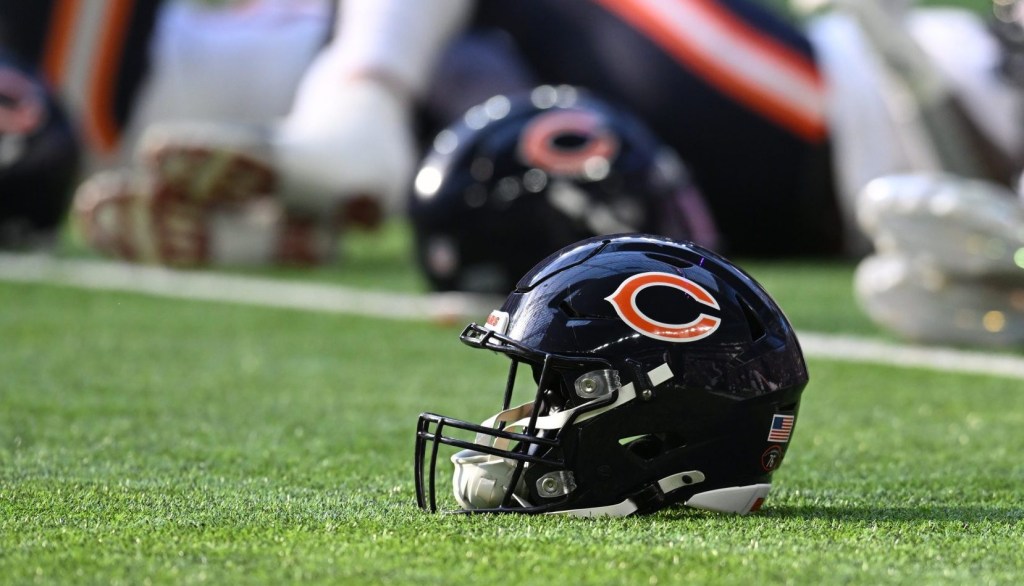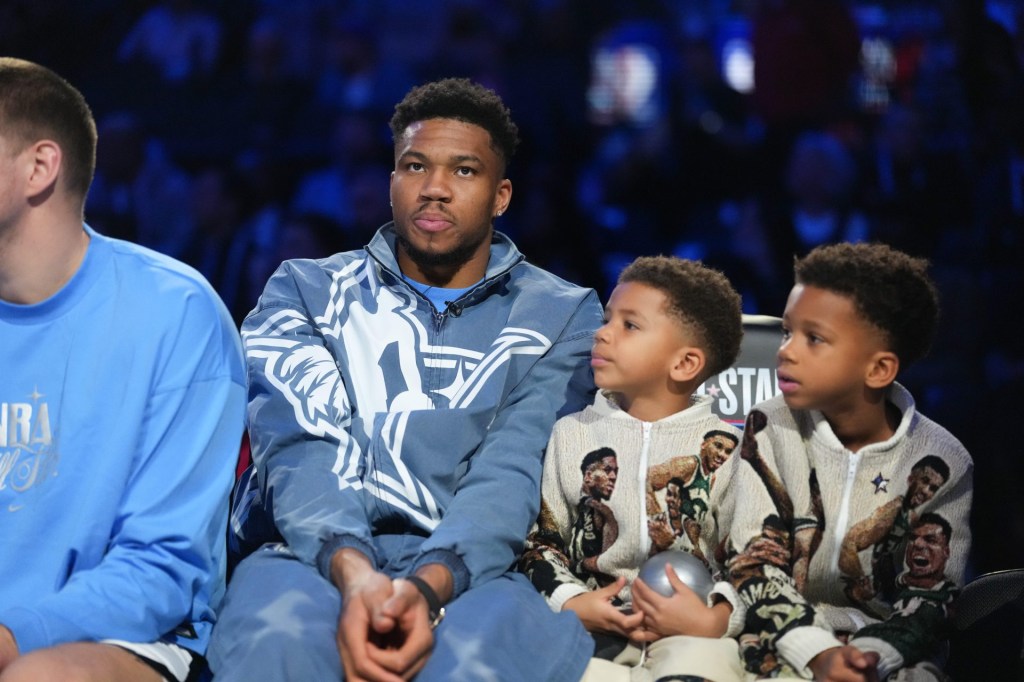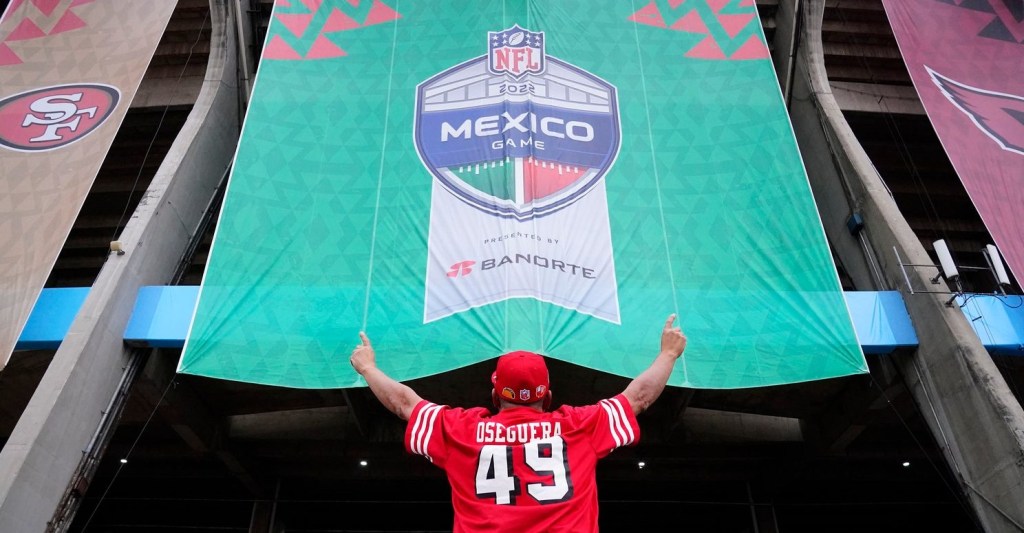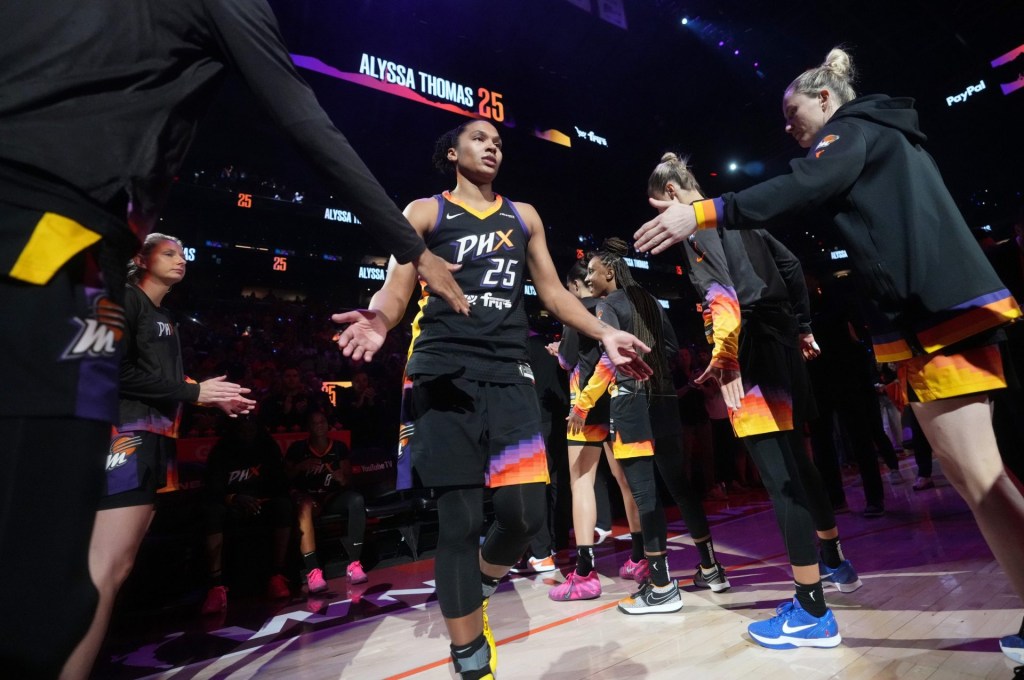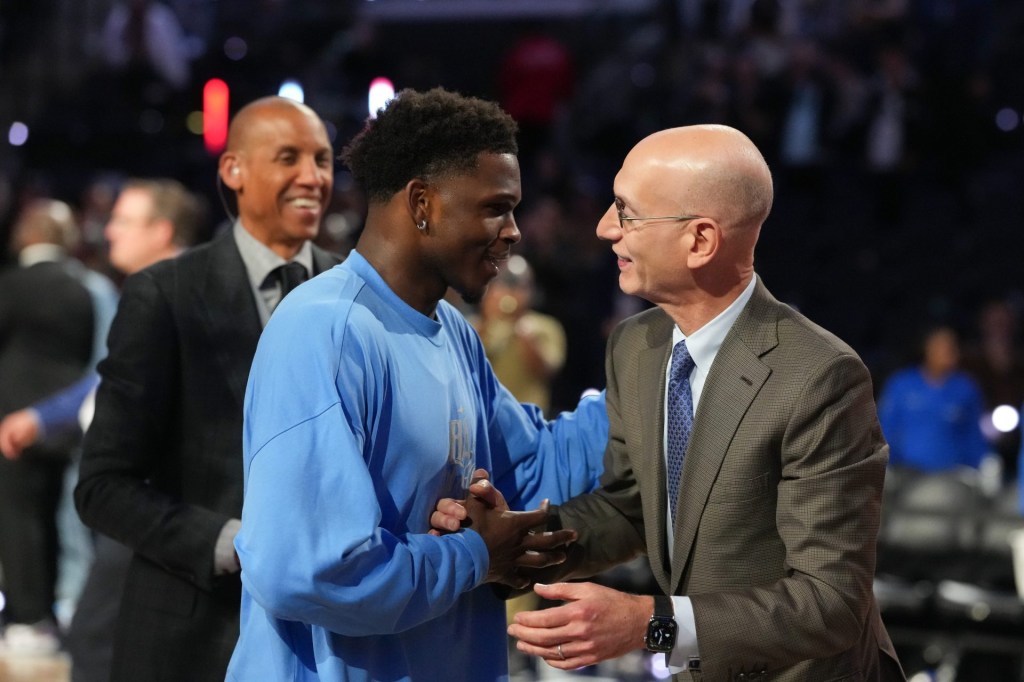Historic scheduling changes are almost certainly coming to Major League Soccer, but not yet.
The league’s board of governors, meeting Wednesday in Austin, did not formally act on a proposed shift to a fall-to-spring schedule, which would align MLS with much of the rest of global soccer. The matter was a key part of the session, held in conjunction with the league’s All-Star events at Q2 Stadium, but commissioner Don Garber said work related to the schedule move is not yet complete.
“Making this change is seismic,” Garber said late Wednesday after the meeting. “It’s not something we should do lightly. If we do make the change, we’re not going to go back. … I would rather take our time and get it right.”
The lack of a vote on the schedule change follows a prior board of governors meeting in April, when club owners agreed to expand exploration of the move, but went no further.
Any move, should it happen, will not take effect until at least 2027, still giving MLS some additional time to act.
“We think that alignment [to the international standard] makes sense,” he said.
Moving to the fall-to-spring timing would match MLS with most of global soccer, including the Big Five European leagues of the U.K.’s Premier League, Spain’s LaLiga, Germany’s Bundesliga, Italy’s Serie A, and France’s Ligue 1. MLS would also be able to participate more fully in the player transfer window, and it could help boost the league’s international standing commercially and competitively, one that has the league still trailing many of its European counterparts.
A MLS shift, though, after playing for three decades on a winter-to-fall format, carries a wide range of complex implications spanning media, labor, facilities, and sponsorship, among other areas. Unlike European leagues that deal with a more uniform weather pattern, the vast geographic expanse of MLS across much of North America also brings many more climate-related issues into play—both with extreme cold and heat.
“It’s getting hotter, and that’s clearly an issue, playing through the depth and the core of the warmest months in many of our markets,” Garber said in response to a Front Office Sports question. “So it just adds to the challenges and complexity that MLS has to deal with. As many people ask questions about how we’re going to deal with this one issue, that’s one of a thousand that we’re dealing with. We have to make the decision that’s going to set us up best for the future.”
Apple Disclosure
Garber, meanwhile, said viewership of the league’s matches on MLS Season Pass has grown about 50% this season to an average of 120,000 per match, with improved access and distribution of the Apple TV games credited for a key part of that increase. That figure represented a rare moment of transparency for a media rights deal that thus far has been shrouded in secrecy.
“We and Apple believe we need to share more information. It’s the beginning, not the end,” Garber said.
